Vertical centrifugal pumps, particularly those in the WVI, WVM, and WVS series, are designed to handle a wide range of challenging fluids, including strong acidic and alkaline liquids, commonly found in industrial applications. These pumps offer superior performance and durability due to their specialized construction and materials, making them a preferred choice for sectors such as petrochemical, power plants, and chemical processing.
One of the primary factors that enable vertical centrifugal pumps to handle highly corrosive fluids is their robust, corrosion-resistant materials. The wetted parts of the pump, such as the impeller, casing, and shaft, are typically made from high-grade stainless steel, duplex steel, or other materials that offer excellent resistance to chemical degradation. These materials are specifically chosen to withstand the corrosive effects of strong acids, alkalis, and other aggressive fluids. By using these specialized materials, the pump is able to maintain structural integrity and reliable performance, even when exposed to harsh conditions over long periods.
Another key feature of vertical centrifugal pumps is their seal and bearing systems, which are designed to provide reliable protection against leakage and wear when handling corrosive liquids. These pumps often incorporate mechanical seals, gland packing, or barrier seals that prevent fluids from leaking into the pump’s motor or bearing compartments. The seals are selected based on their ability to resist chemical attack, ensuring long service life and reducing the risk of contamination or pump failure. Additionally, some pumps may use shaft sleeves or coatings to provide an extra layer of protection against wear and corrosion.
The vertical configuration of these pumps further enhances their ability to manage strong liquids. A vertical pump design minimizes the risk of cavitation and allows for a more efficient transfer of fluids, reducing the chances of fluid vaporization that can occur with highly reactive substances. This is especially important in industrial systems where the liquid's temperature, pressure, and chemical composition may fluctuate, and where maintaining the integrity of the system is critical.
Vertical centrifugal pumps also offer high efficiency and low NPSHr (Net Positive Suction Head required), which is essential when pumping strong acidic or alkaline liquids. NPSHr is a critical factor in preventing cavitation, and pumps with low NPSHr characteristics can handle fluids under varying conditions without causing damage. The high-efficiency nature of these pumps ensures that they operate smoothly and with minimal energy consumption, even when handling challenging liquids. The low NPSHr helps maintain a stable and consistent flow, which is essential when dealing with sensitive or aggressive chemicals.
In applications where large volumes of strong acids or alkalis need to be transported, such as in chemical processing or waste treatment plants, vertical centrifugal pumps are ideal due to their ability to provide reliable flow over extended periods. The single-suction, heavy-duty design of these pumps allows them to operate efficiently even under demanding conditions, ensuring consistent performance and reducing the risk of pump failure.


 English
English русский
русский عربى
عربى

.jpg)
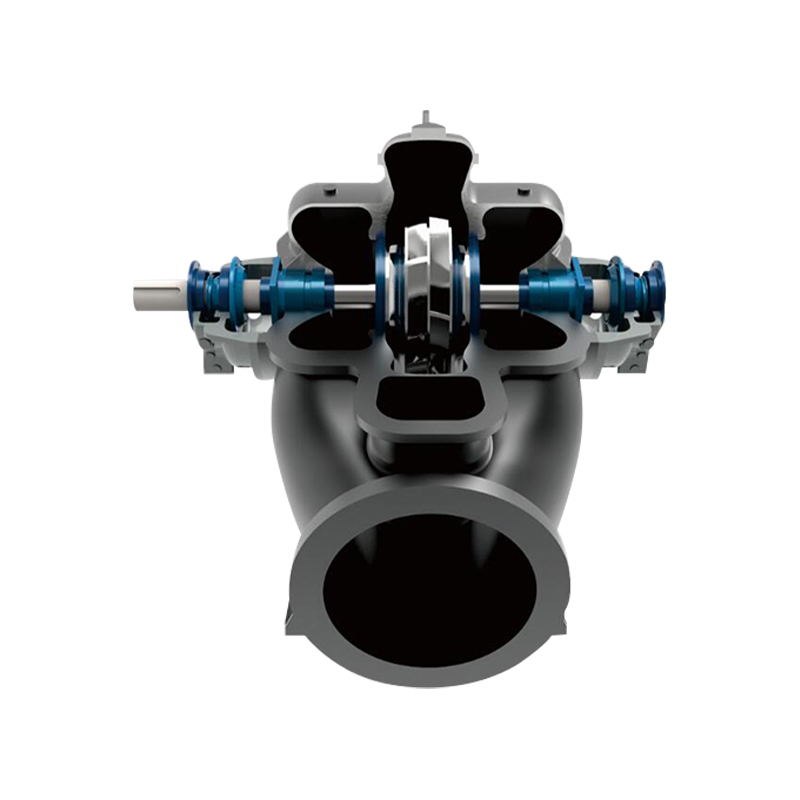
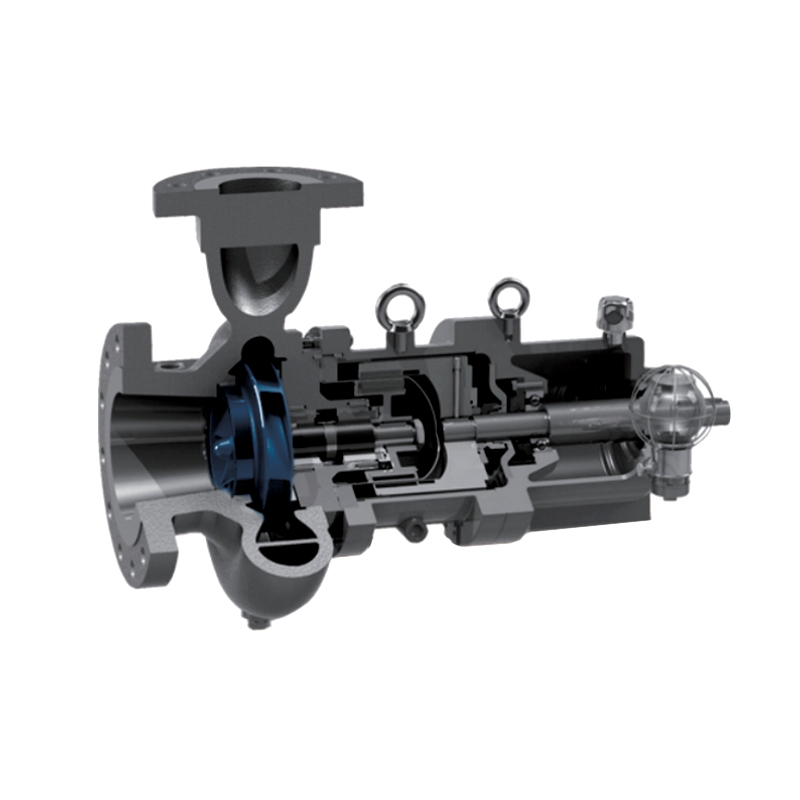
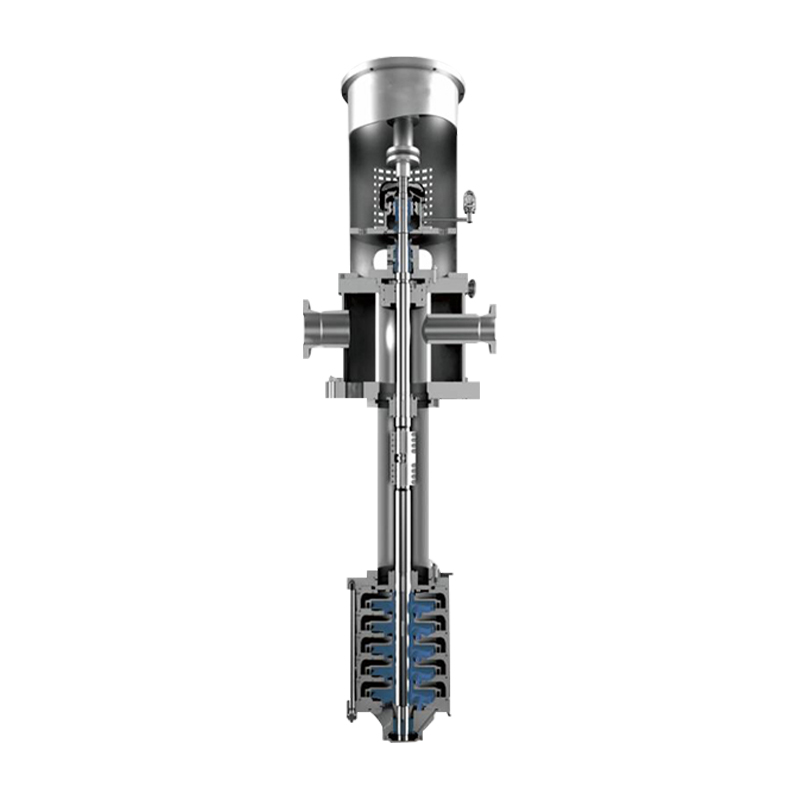
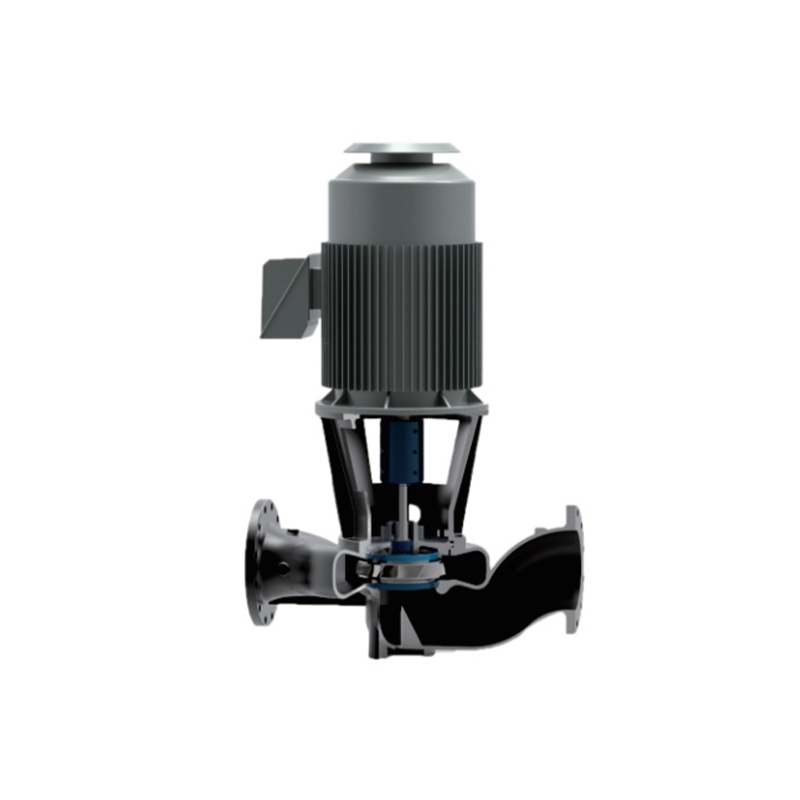

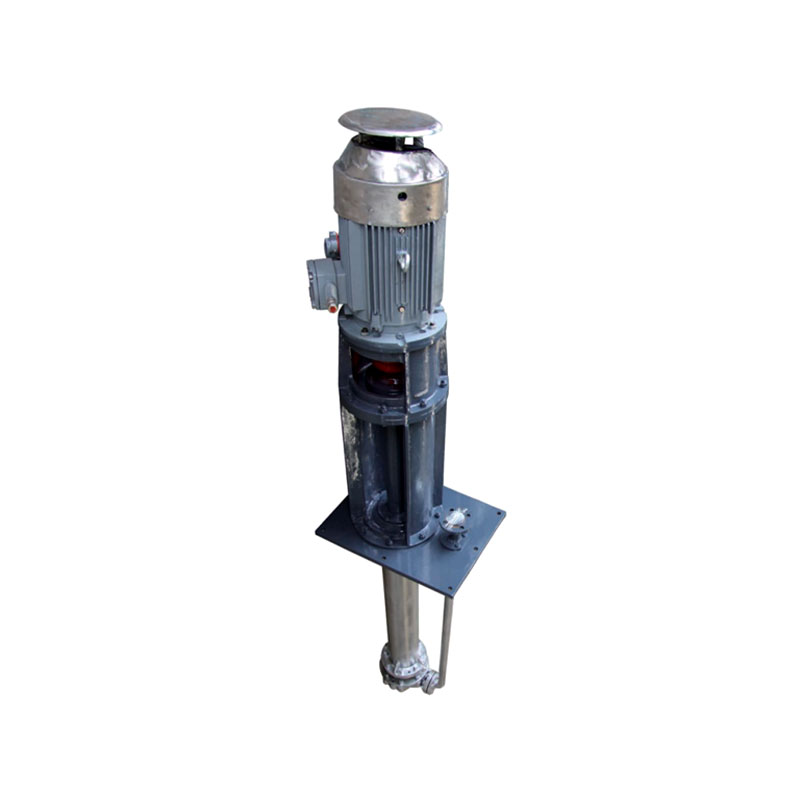
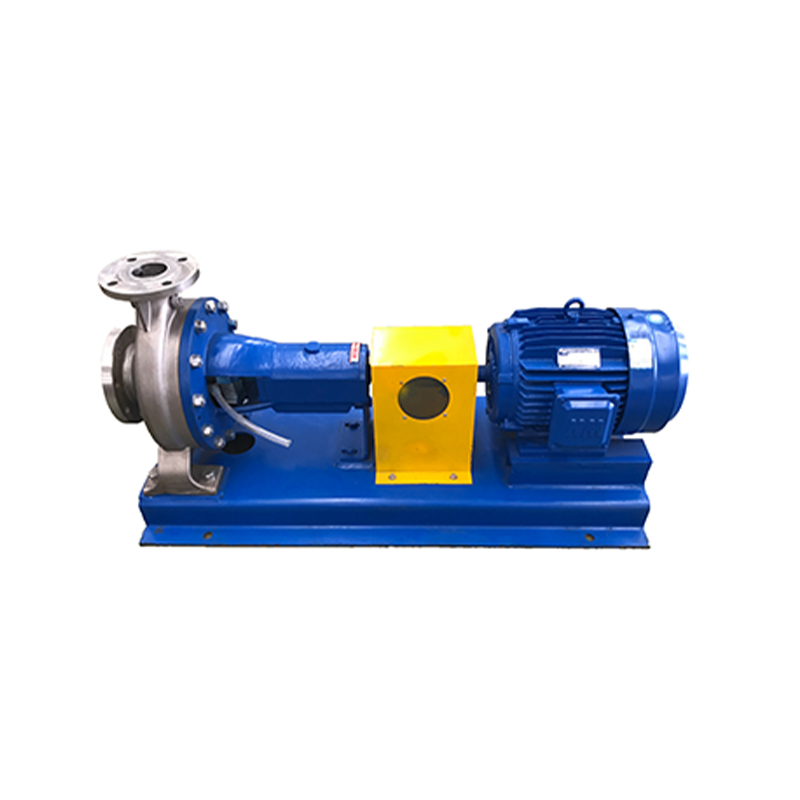

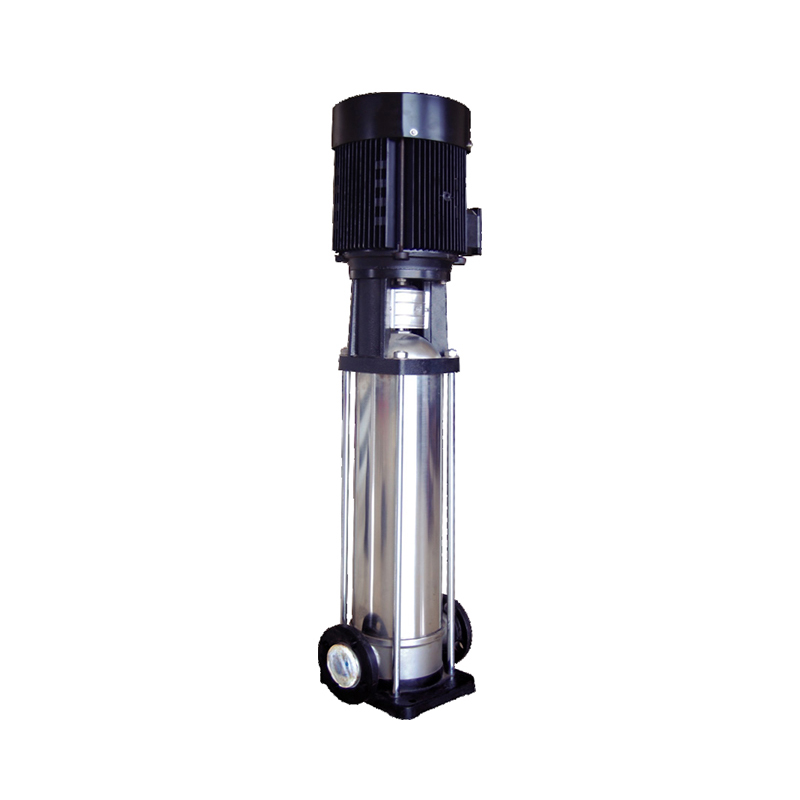






 ENG
ENG

 TOP
TOP